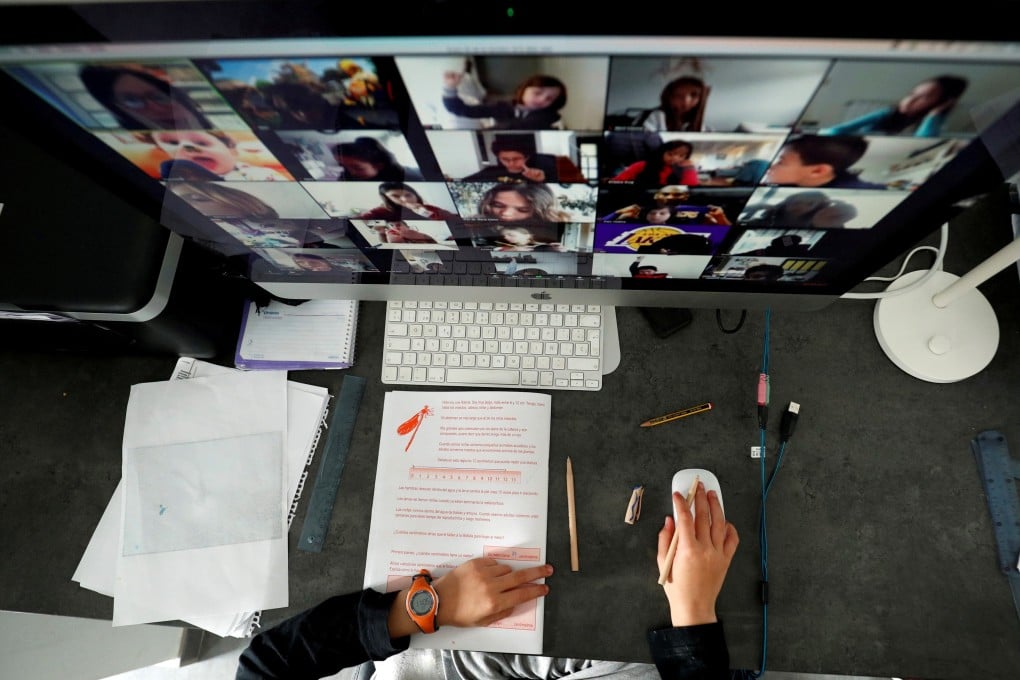US-China tech decoupling: Zoom woes reveal narrowing space for firms to reconcile both systems
- A former Zoom employee is accused of shutting down online meetings commemorating the Tiananmen Square crackdown, some hosted outside China
- Zoom, like other US companies, faces a choice of complying with increasingly stringent Chinese government rules or quitting the market altogether

Jin, 39, is also accused of providing information on users located outside China, including names, email addresses and IP addresses.
If convicted of conspiring since January 2019 to use Zoom’s systems to censor speech, Jin faces up to 10 years in prison. He is currently not in US custody.
The allegations against the former Zoom employee – which included setting up fake accounts using profile pictures with terrorism-related or pornographic imagery to get sensitive meetings banned from the platform – may take some time to untangle, but Alexander Capri, a visiting senior fellow at the National University of Singapore’s Business School, said the incident reflects the strengthening grip of the Chinese Communist Party over companies operating in the country.